Harvey could impact victims’ mental health
September 20, 2017
To say that emotions around Houston are high would be an understatement. The devastation that Hurricane Harvey left in its wake was not limited material possessions, many residents in the Houston area are experiencing a mental hurricane of emotions that they themselves may not be able to make sense of.
“It is important for individuals to understand that a lot of what they’re feeling is not just your normal day to day stress. If you’re experiencing heightened emotions and other symptoms of trauma it most likely is a response to the storm and you should seek someone out at least to have an initial conversation about what you’re feeling.” Says Annalee Gulley Director of Public Policy and Government affairs at Mental Health America of Greater Houston.
Post-Traumatic Stress Disorder or PTSD has long been associated with veterans of war which has added to the stigma associated with the illness making it less likely for those experiencing symptoms to reach out for help.
“I think when we call it PTSD sometimes that can be confusing for individuals because that’s so tied to the military. There’s some talks to change the term from PTSD because it’s so stigmatizing, really, that disorder part because we don’t want people to think there’s something wrong with them,” Says Gulley.
Whatever the name, the trauma that Houston residents are feeling is wide spread and undeniable.
“One thing that we’re seeing across the board throughout Houston no matter where you go people have been effected by the storm. Whether it’s that their house was flooded and they had to evacuate and lost everything or just someone who was watching the news non-stop and saw all this devastation, that is very traumatic as well.”
There are several signs of trauma:
Increased Anxiety
Helplessness
Hopelessness
Exacerbated Agitation
Personal and Family Relationship Struggles
Increased use of Drugs and Alcohol
Sleeplessness
General Feelings of Unrest
Individuals who may have already been experiencing issues within their personal life may face even greater barriers to recovering following Hurricane Harvey.
“One of the things that you’re going to see in PTSD is that all emotions are really heightened and any type of personal issues. If you have trouble with your spouse, that’s going to be exacerbated, if there are family issues that you’re grappling with those are going to become more difficult to deal with. If someone is experiencing a mental or behavioral health issue they’re going to feel heightened symptoms, they’re going to be more agitated, they’re going to have more anxiety, they will have depression sink in.” Says Gulley.
The hurricane left thousands displaced and many found refuge in emergency shelters set up around Houston two of the largest being The George R. Brown Convention Center and NRG Stadium. MHA workers were at both locations and through their partnerships with local pharmacies which included CVS, Walgreens, Kroger and Walmart 18-wheeler trucks filled with prescriptions for victims were delivered to the shelters.
“We had an overwhelming response from the mental and behavioral health provider network to ensure that these clinics that were set up so quickly within these shelters were well staffed and that individuals could both receive their medication but also have access to either an MD or a licensed clinical social worker to start working through these issues immediately as oppose to a long-term period where the effects of the trauma they’ve experienced could worsen.” Says Gulley.
Although Gulley believes that the healing process from the trauma caused by Harvey may not be truly seen for one to three years from now, there is critical work that she feels needs to be done immediately.
“I think the biggest thing we have to make sure we’re doing right now is educating people in Houston about what they’ve been going through while they technically might not have gone into the storm with any type of medical or mental health diagnosis that doesn’t mean what they’re experiencing is not truly trauma.”
Students may be feeling especially anxious about things at home, the shortened semesters impending deadlines or any of the other signs of trauma, if this is the case Gulley urges students to seek support.
“We are really working to proactively push counselors into the community. At this point we would suggest if you’re on a college campus and you have access to a counselor try to find an appointment time and just talk about the feelings you’re experiencing. If you’re involved in a faith based organization, go and talk to your pastor or rabbi and just start talking to any individual with whom you share a trust and start sharing the emotions that you’re feeling.”
MHA’s current mission is to make sure they are prepared to reach directly to the communities within the coming weeks to provide the aide to many who because of the stigma surrounding trauma, have remained silent.
Gulley says, “Symptoms that are seen with PTSD will be seen community wide in varying degrees. I think there is less of a need to classify it and more of a need to make sure that individuals understand that when they are feeling these things first of all it’s a common reaction and response to the events we’ve seen over the last 10 days but that it’s also something that they should talk to someone about because the best way to combat trauma is by talking about it.”
Crisis Intervention Houston (832) 416-1177
Disaster Distress Hotline 1-800-985-5990 or text “talkwithus” to 66746 to be connected to a trained crisis counselor.

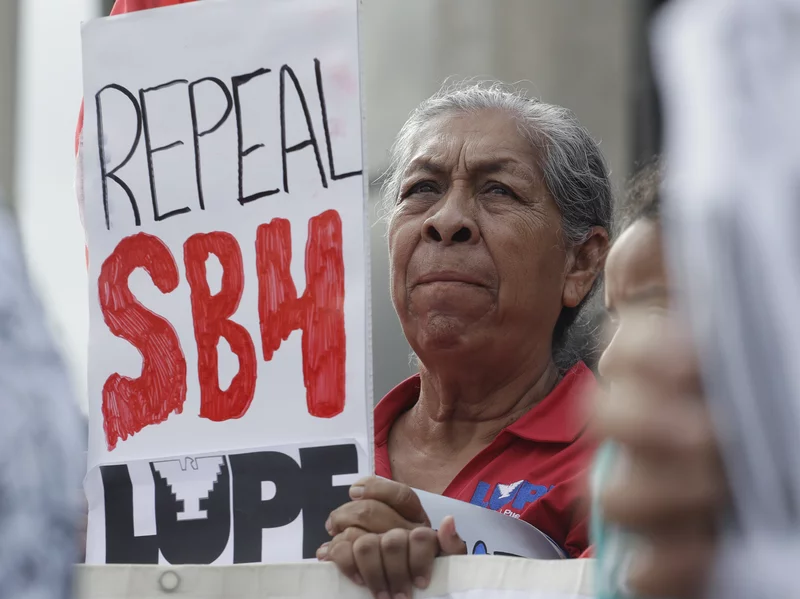

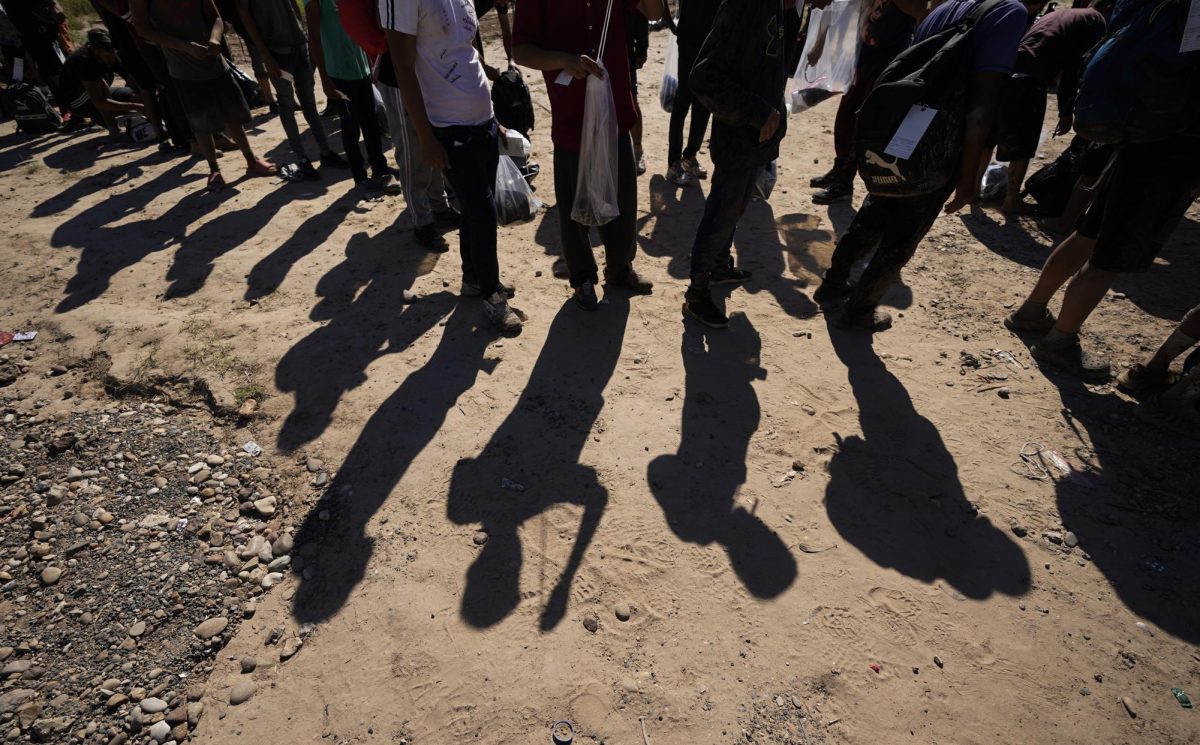

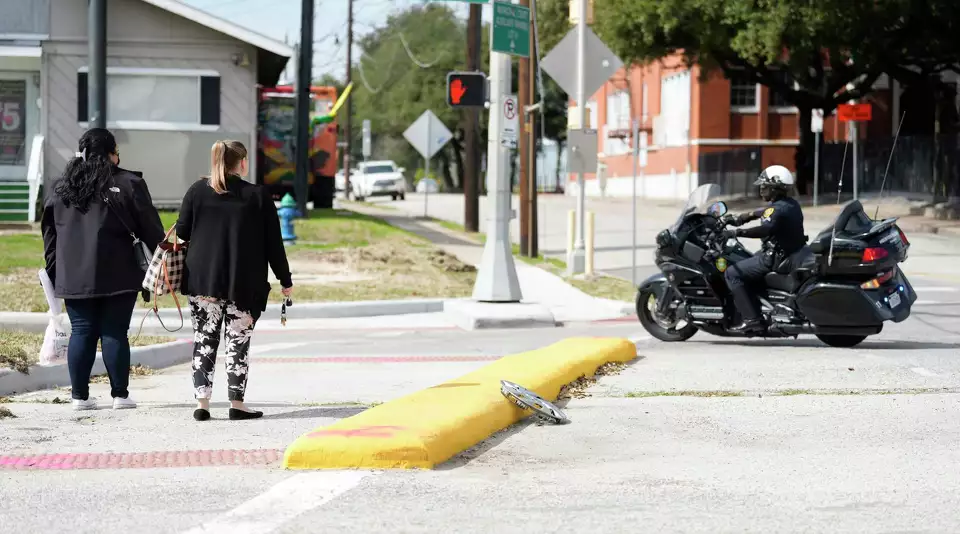







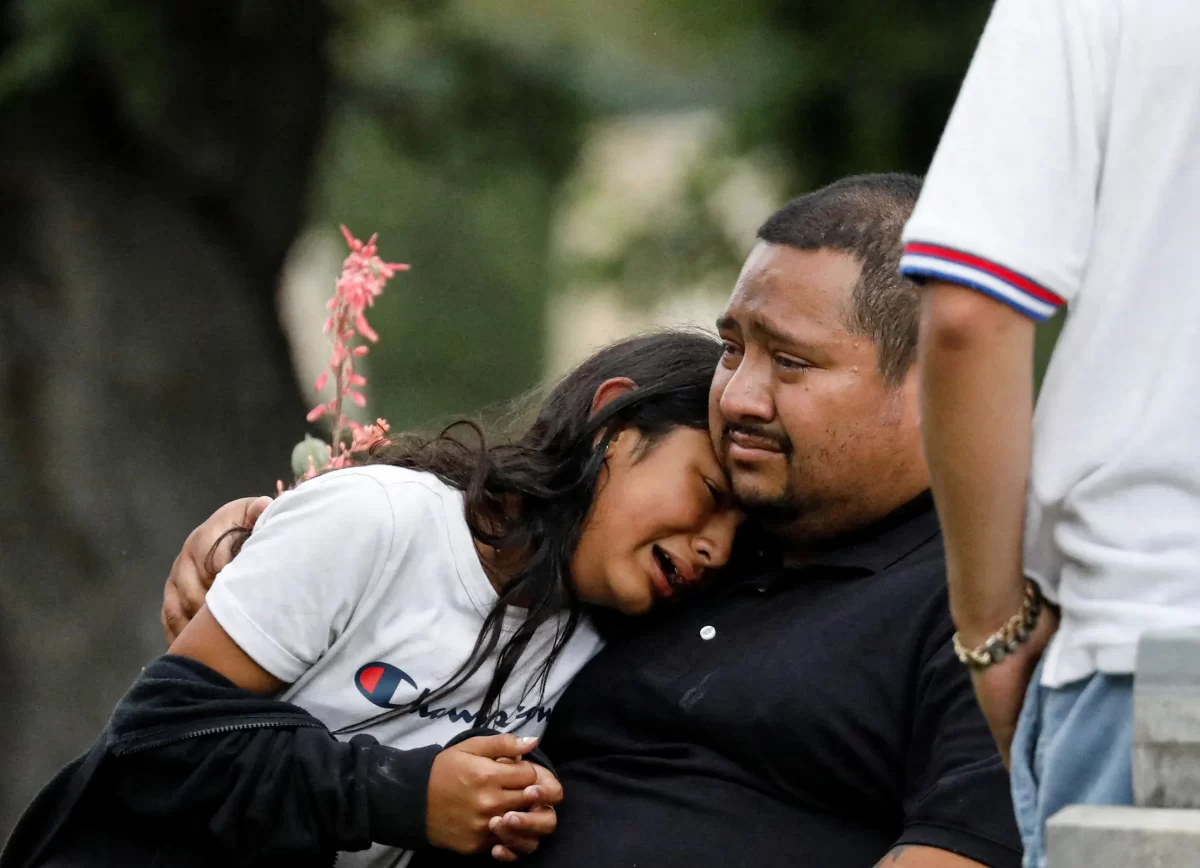



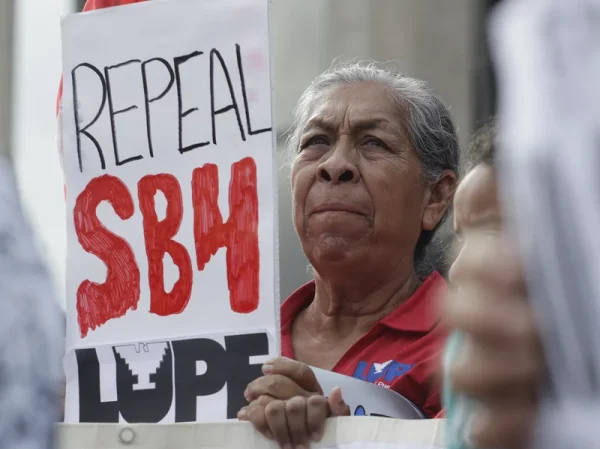

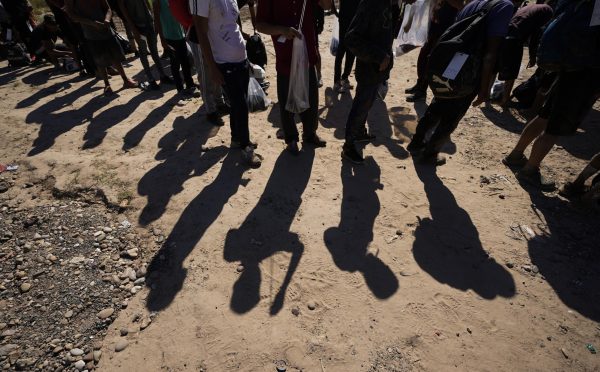

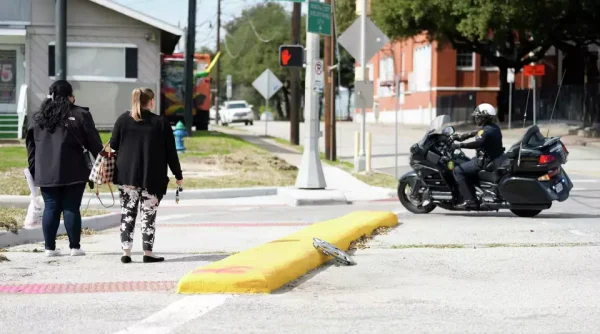
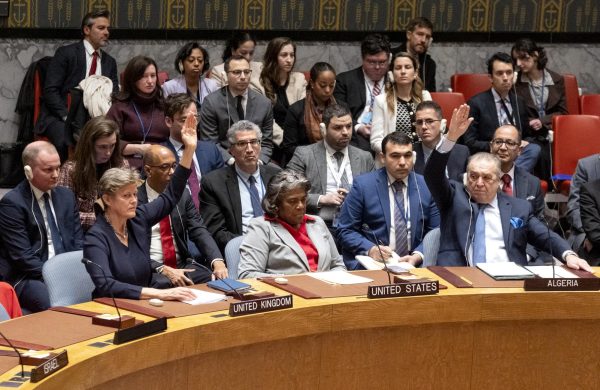

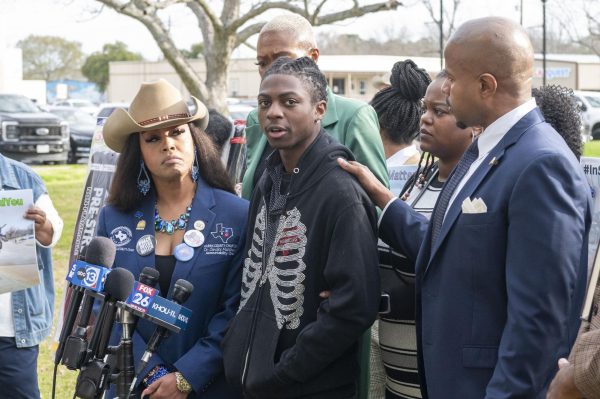
Patrick Nguyen • Sep 20, 2017 at 2:23 pm
HCC also provides free counseling. Counselors are licensed professionals or counseling interns with masters or doctoral degrees: http://www.hccs.edu/district/students/counseling/